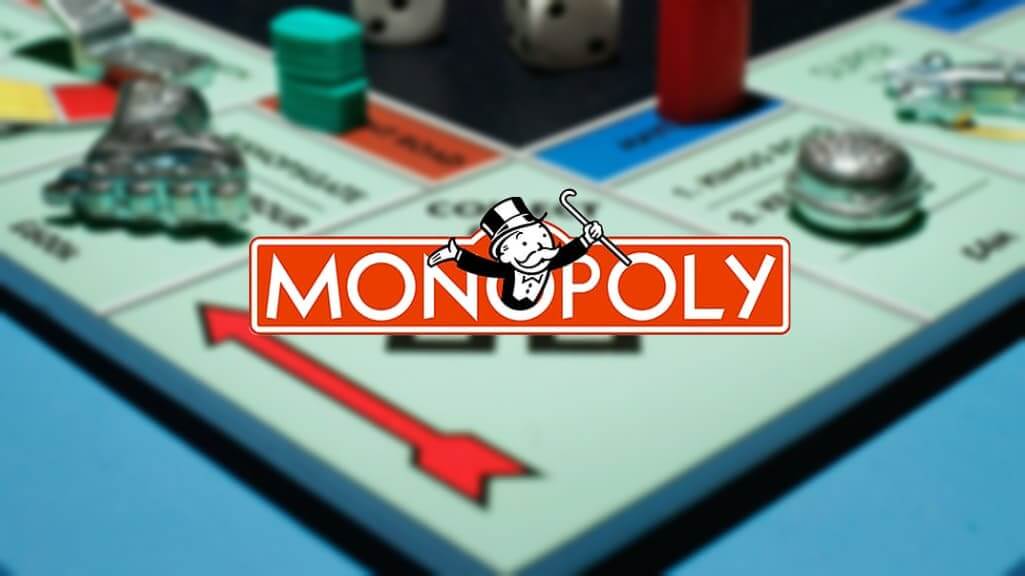
Monopoly and Property Development: Exploring Real Estate Strategies
Monopoly, a classic board game created in 1935, has long been a favorite pastime for families and friends worldwide. The game’s objective is to buy, trade, and develop properties to amass wealth and ultimately bankrupt opponents.
While Monopoly is merely a game, it can offer valuable insights into the real estate business by drawing parallels between its mechanics and the strategies employed in real-world property dealings. In this article, we will explore how the real estate business works by using Monopoly as an illustrative example.
Acquisition of Properties
In Monopoly, players begin by purchasing properties on the board. Similarly, the foundation of the real estate business lies in the acquisition of land or properties. Real estate investors and developers seek out properties with potential for growth and profit, often considering factors such as location, market trends, and future development prospects.
Just as Monopoly players aim to acquire the most desirable spots on the board, real estate professionals look for properties that promise the highest returns on investment.
Property Development and Improvement

Once a property has been acquired, both Monopoly players and real estate professionals must decide whether to develop or improve it.
In Monopoly, this involves building houses or hotels on the property, which increases its value and generates higher rent from opponents landing on it. In the real estate business, property development can take various forms, such as constructing residential or commercial buildings, renovating existing structures, or repurposing land for new uses. Loans for property development can provide the necessary funding for these projects.
The goal in both cases is to enhance the property’s value and generate higher returns.
Generating Income
Monopoly players generate income by collecting rent from opponents who land on their properties. Similarly, real estate investors earn income through rental properties, leasing commercial spaces, or selling developed properties at a profit.
The ability to generate consistent income is a crucial aspect of successful real estate investing, and like Monopoly players, real estate professionals must carefully manage their portfolios to maximize returns and minimize risks.
Market Dynamics and Strategy

In Monopoly, the game’s dynamics are heavily influenced by the actions of other players, market conditions, and chance events, such as landing on particular board spaces or drawing specific cards.
Real estate professionals must also navigate ever-changing market dynamics, including fluctuations in property values, interest rates, and local and national economic conditions.
This applies not only to physical properties but also to the emerging realm of digital real estate, which encompasses virtual properties and online platforms. The growth of the internet and digital technologies has opened up new opportunities for investment and development in the digital real estate sector.
A successful real estate investor, like a skilled Monopoly player, must be able to adapt their strategy based on market conditions, seizing opportunities when they arise and mitigating potential risks.
Negotiation and Trading
One of the key elements of a Monopoly is negotiation and trading between players. By exchanging properties, players can complete color groups, which allows them to build houses and hotels and increases their chances of winning. In the real estate business, negotiation is a crucial skill.
Investors and developers must negotiate property prices, financing terms, and other contractual details to secure the best possible deals. Much like in Monopoly, the ability to negotiate and trade effectively can make all the difference in the success of a real estate venture.
Rolling the Dice: Lessons on Real Estate Strategy from Monopoly

Though Monopoly is a board game, it offers valuable lessons for understanding the real estate business. The parallels between property acquisition, development, income generation, market dynamics, and negotiation in the game and the real world can provide insights into the strategies and skills necessary for success in the real estate industry. By examining Monopoly’s mechanics, we can gain a deeper understanding of the complex world of real estate investing and development.
In both Monopoly and the real estate industry, there are opportunities where you might encounter “free real estate,” representing valuable assets that can be acquired without cost. So, whether you’re a budding real estate tycoon or simply playing for fun, remember that in both Monopoly and real estate, it’s all about “rolling the dice” and making the right “moves” to build your empire.




